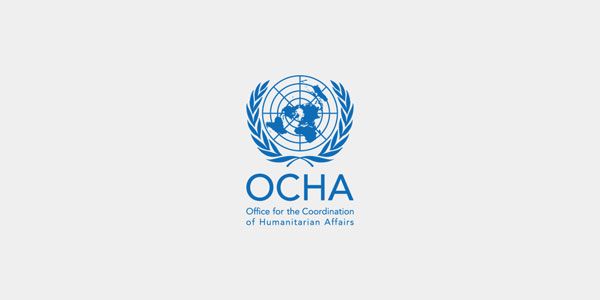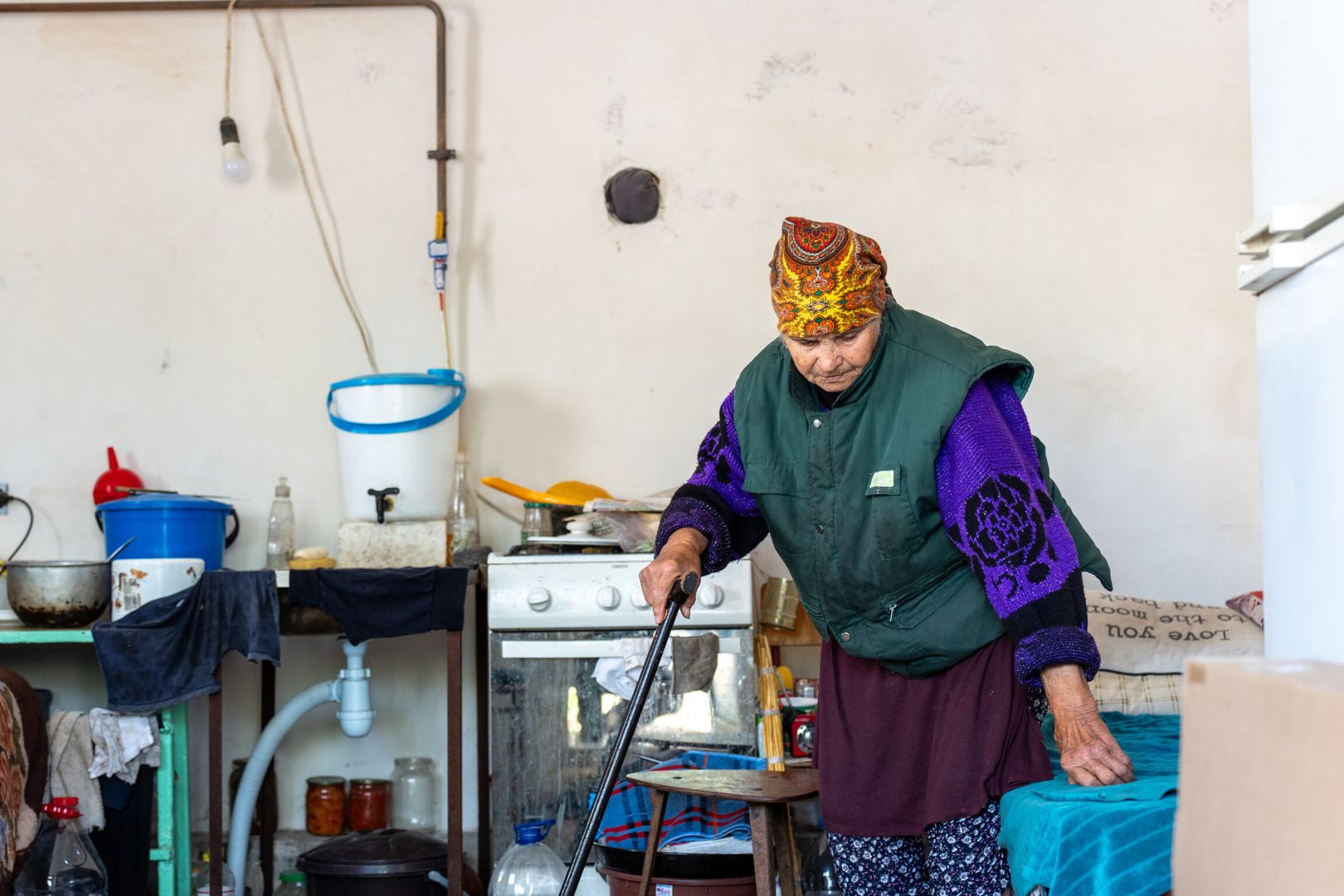The Issue
Civilian and public infrastructure across Ukraine has sustained significant damage due to heavy arms attacks since the beginning of the full-scale Russian invasion in February 2022. After the increased attacks against energy infrastructure from October 2022 onwards, public services including heating, water and electricity has further deteriorated, heavily impacting humanitarian needs and the delivery of services negatively. The needs of the civilian population are particularly dire in the winter months with temperatures dropping below zero, if they have no or limited access to heating.
When the centralized heating system is nonfunctional, an additional concern arises from individuals procuring alternative heating systems, leading to elevated susceptibility to fire hazards, explosions, and carbon dioxide poisoning. People with limited financial means, or with limited mobility, are disproportionately constrained to finding heating alternatives and doing so leads to a direct constrain on their livelihood capacities.
The problems related to a lack of centralized heating is especially alarming in frontline communities, including Khersonska and Mykolaivska Oblasts, due to the continued damaging of infrastructure and housing. These communities also have an overrepresentation of elderly, people with disabilities and other vulnerable groups.
The Project
The project aims to address urgent humanitarian needs in Ukraine, which are caused by damage to gas and heating networks. A strong focus is on restoring the heating supply before winter sets in. Critical heating infrastructure requires repair and maintenance to prevent a crisis for the civilians in the frontline areas.
Centralized heating infrastructure repairs involve restoring coastal pumping stations and boiler houses for urban residents. Furthermore, gas pipeline repairs will support households in four villages. In total the activities will support 201,854 residents of frontline communities. This includes:
- Restoration of a coastal pumping station for a central heating plant in Mykolaiv.
- Repair of gas pipelines for conflict-affected villages used for heating and cooking.
- Providing water supply to a boiler house at Kherson near the frontline by drilling two wells.
- Repair and replacement of pumping equipment, power cables of electrical equipment and partial replacement of boiler house networks.

The Change
This project will address the identified need for people to heat their houses by ensuring centralized heating supply for over 200,000 people living in conflict-affected areas. By repairing gas pipelines and heating infrastructure the project will contribute to addressing the needs of people to heat their houses during cold winter months without having to find alternative sources that might affect their livelihood and health. This intervention will also enhance the recovery of liberated villages, where people are increasingly returning to their homes after being displaced. Provision of emergency equipment will further support the community’s resilience if new attacks on critical infrastructure would occur.
The Results
It’s really tough to live like that. Having access to gas again is invaluable. It means I can stay warm and cook.Riva Iomytrivna, resident of Partizanske village
Before 2022, around 1,000 people lived in the village of Partizanske in southern Ukraine. However, when the war broke out, the village was caught in the crossfire and destroyed. After the Russian forces withdrew in 2022, residents like 85-year-old Riva (pictured above) returned to find their homes in ruins. Until March 2024, the village lacked access to gas, forcing residents to rely on old stoves and firewood for heating and cooking. For Riva and the 300 others who returned, this meant enduring a cold winter. However, with the restoration of gas supply, life has become more manageable.

Our Partner

DCA/NCA works with Southern Development Strategy (SDS) to implement the project. SDS has a long history of operating in Southern Ukraine. Prior to the war, SDS’ co-founder operated a large construction company in Kherson, and the organization maintains a strong backbone in procurement, logistics, and engineering.
This project builds upon SDS’ ongoing programming in southern Oblasts focused on municipal gas and water infrastructure repair. SDS also possesses deep relations with local authorities and communities in this region, with a built-in network of community partners making it easier to find and support community-driven initiatives.
Our Work
DCA/NCA works in Ukraine to empower individuals and communities to enhance their resilience in the face of the diverse and devastating impacts of war. Our focus is on assisting communities in mitigating risks, adapting to challenges, and connecting long-term development efforts with emergency responses. We foster self-confidence, trust, and community cohesion.
This project is therefore part of a bigger rebuilding effort in Ukraine following the consequences of the war. Heating facilities are increasingly targets in the conflict, and restoring them for the civilians, who are severely affected by lack of heating in the winter, is a part of DCA/NCAs core commitment to saving lives.
About the project
Full title: Assisting functionality of centralized winterization infrastructure in Mykolaivska and Khersonska Oblast
Period: October 2023 – June 2024
Partner: Southern Development Strategy (SDS)
Funding: USD 1,136,458
Number of people reached: 201,854 people living in Khersonska and Mykolaivska oblast
Main Donor: Ukraine Humanitarian Fund (UHF)


